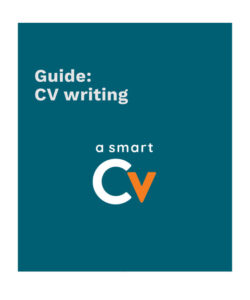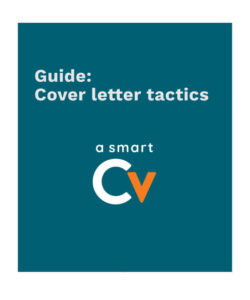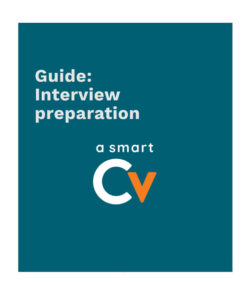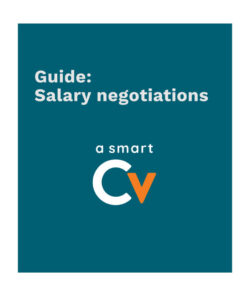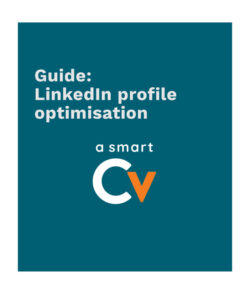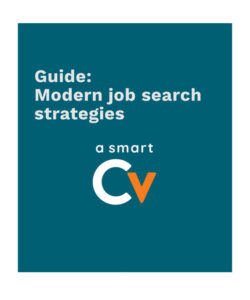Pre-Interview Groundwork
Start by requesting details about the interview format to avoid surprises. Research thoroughly—not just the company, but also the people interviewing you, the industry landscape, and the specific role requirements. Create a concise “cheat sheet” of key information to review immediately before your interview.
Know your CV intimately, particularly the version submitted for this role. Prepare compelling stories about your achievements and be ready to explain any career transitions or gaps with confidence.
Format-Specific Strategies
Different interview formats demand tailored approaches: Telephone interviews: Choose a quiet location, speak clearly, and smile while talking (it affects your voice tone). Video interviews: Test equipment beforehand, maintain eye contact with the camera (not the screen), and ensure appropriate lighting and background. In-person interviews: Plan your journey to arrive 10-15 minutes early, bring multiple CV copies, and remember that your interview begins the moment you enter the building.
During the Interview
The first five minutes are crucial. Prepare a concise 60-90 second response to “Tell me about yourself” that highlights relevant experience. Structure answers using the STAR method (Situation, Task, Action, Result) for behavioural questions, and always make connections between your experience and the role’s requirements. Demonstrate engagement through appropriate body language: maintain good posture, make natural eye contact, and subtly mirror the interviewer’s communication style.
Post-Interview Actions
Send a personalised thank-you note within 24 hours, referencing specific conversation points. Follow up appropriately if you haven’t heard back by the agreed timeline. Regardless of outcome, reflect on the experience to identify patterns and improvement opportunities.
The Balanced Mindset
Remember that interviews are two-way conversations about fit, not interrogations. While showcasing your capabilities, also assess whether the organisation aligns with your values and career aspirations. Preparation builds confidence, but authenticity creates connection. Approaching interviews as opportunities to share your professional story—rather than performances to perfect—will help you find not just any job, but the right job for your next career chapter.
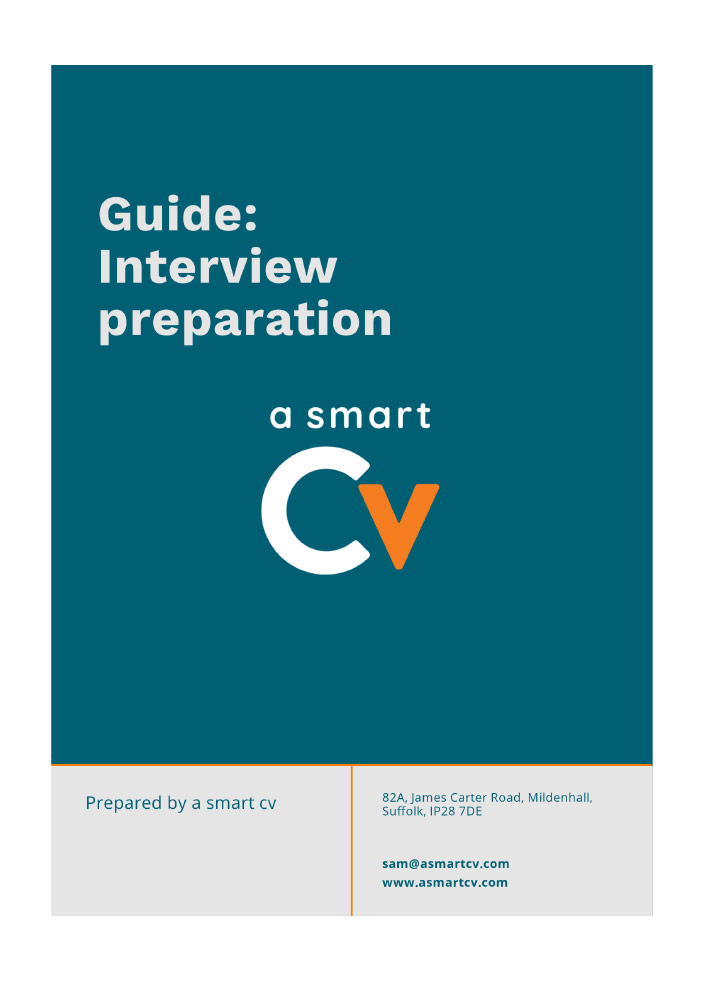
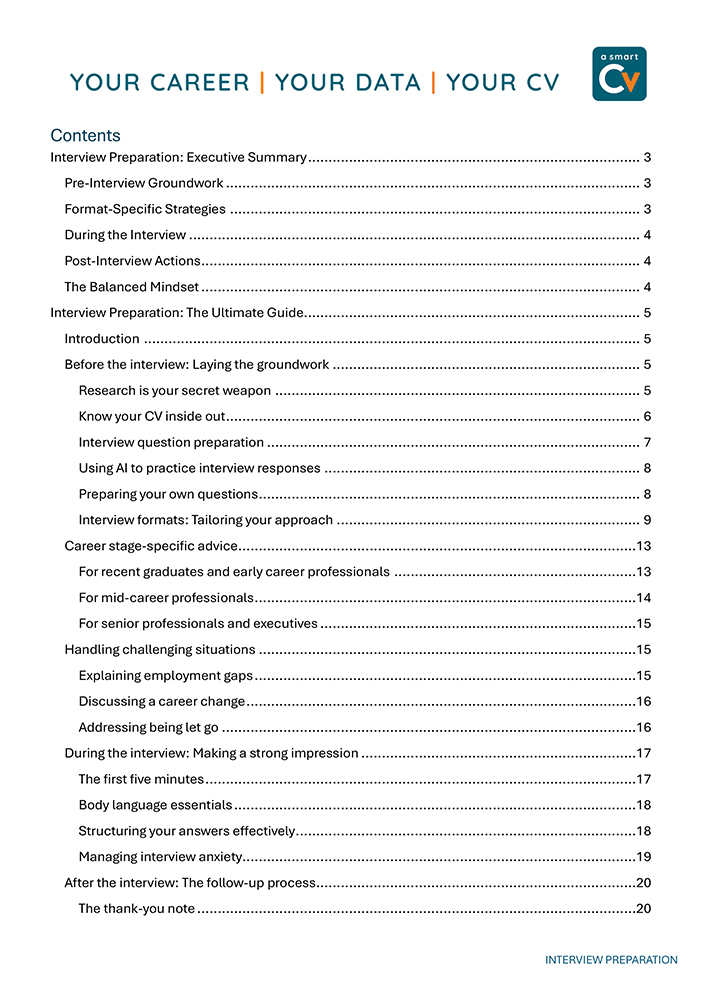
 PREVIOUS
PREVIOUS



